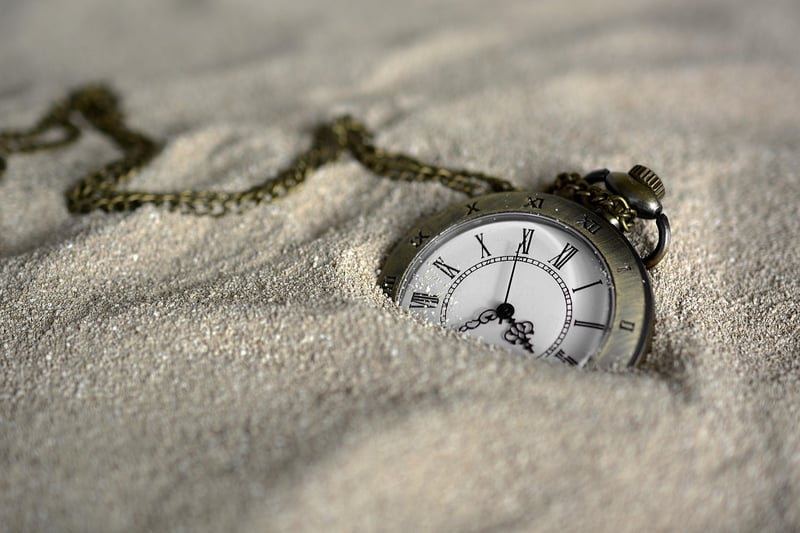Causality Safeguards
Avoiding Timeline Disruptions and Causality Safeguards
Time travel has fascinated humanity for generations, but the concept of altering the past or future raises concerns about potential timeline disruptions. To avoid catastrophic consequences and uphold causality, certain safeguards must be in place.
1. Chronology Protection Conjecture
The Chronology Protection Conjecture posits that the laws of physics prevent time travel on a macroscopic scale. While this remains a theoretical concept, it suggests a natural safeguard against timeline disruptions.
2. Temporal Prime Directive
Similar to the Prime Directive in science fiction, the Temporal Prime Directive urges time travelers to minimize their impact on historical events. By observing but not interfering with the past, individuals can safeguard the timeline's integrity.
3. Quantum Entanglement
Quantum entanglement could play a role in maintaining causality. The interconnected nature of particles across time and space may impose constraints that prevent paradoxes caused by time travel.
4. Multiverse Theory
Some theories propose that time travel creates alternate timelines or branches within a multiverse. This concept suggests that changes made in the past result in the creation of a new timeline, preserving the original timeline's continuity.
5. Predestination Paradox
The predestination paradox suggests that attempts to alter the past result in actions that ensure the events unfold as they originally did. This paradox implies a self-correcting mechanism that prevents significant deviations in the timeline.
By understanding these safeguards and theories, individuals contemplating time travel can navigate the complexities of causality and avoid disruptive effects on the timeline. Whether for scientific exploration or fictional storytelling, respecting the principles of causality is essential for preserving the integrity of temporal sequences.

Explore more about time travel and causality here.
